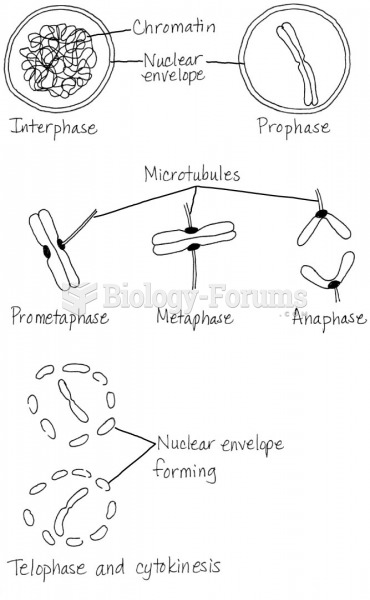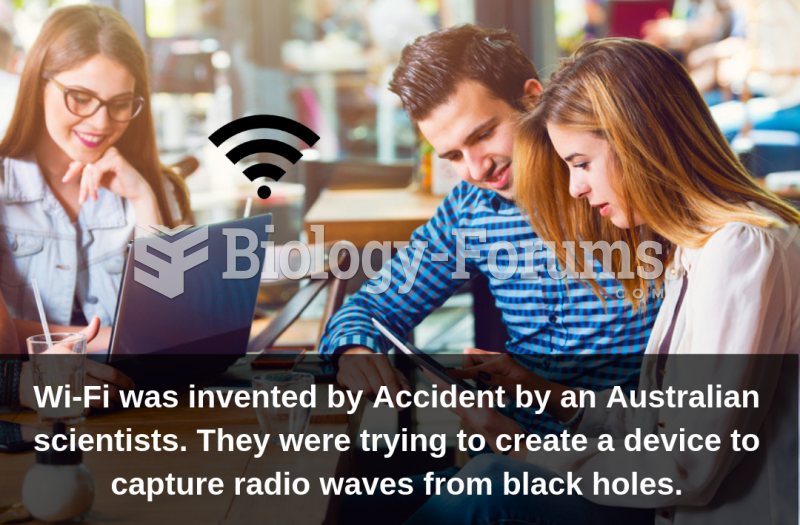Answer to Question 1
1
Rationale 1: The thyroid is the organ most susceptible to nuclear and radiation exposure, and symptoms of radiation exposure remain some of the most difficult to treat pharmacologically. Taking potassium iodide (KI) tablets prior to or immediately after a nuclear accident can prevent up to 100 percent of the radioactive iodine (I-131) from entering the thyroid tissue and damaging thyroid cells.
Rationale 2: Taking potassium iodide (KI) tablets prior to or immediately after a nuclear accident can prevent up to 100 percent of the radioactive iodine (I-131) from entering the thyroid tissue and damaging thyroid cells.
Rationale 3: Taking potassium iodide (KI) tablets prior to or immediately after a nuclear accident can prevent up to 100 percent of the radioactive iodine (I-131) from entering the thyroid tissue and damaging thyroid cells.
Rationale 4:Radiation exposure can be treated with medications is incorrect. Taking potassium iodide (KI) tablets prior to or immediately after a nuclear accident can prevent up to 100 percent of the radioactive iodine (I-131) from entering the thyroid tissue and damaging thyroid cells.
Global Rationale: The thyroid is the organ most susceptible to nuclear and radiation exposure, and symptoms of radiation exposure remain some of the most difficult to treat pharmacologically. Taking potassium iodide (KI) tablets prior to or immediately after a nuclear accident can prevent up to 100 percent of the radioactive iodine (I-131) from entering the thyroid tissue and damaging thyroid cells.
Answer to Question 2
1, 2, 3
Rationale 1: The thyroid glands are part of the endocrine system.
Rationale 2: The parathyroid glands are part of the endocrine system.
Rationale 3: The pancreas is part of the endocrine system.
Rationale 4: The heart is not part of the endocrine system.
Rationale 5: The liver is not part of the endocrine system.
Global Rationale: The thyroid glands, parathyroid glands, and the pancreas are all part of the endocrine system and should be included in the teaching session. The heart and the liver are not part of the endocrine system.







